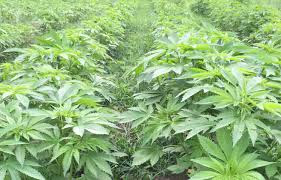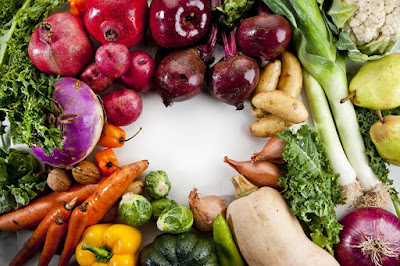Being a citizen of the United States comes with privileges, such as
voting, the right to express oneself freely, and so forth. But it also comes with civic duties, and the
trends in modern society reflect a loosening of the standards that we, as
citizens, must follow in order to (a) help ensure a nation that holds true to
the principles upon which it was founded, and (b)
maintain good relations with our neighbors.
There are some simple things that reflect a me first attitude. They include disregard of basic principles of
being a good neighbor—maintaining the appearance of one’s home and yard,
respecting the right to quiet enjoyment by our neighbors of their homes, obeying
the laws for speeding, and keeping noise levels down. To some, these may seem silly and
irrelevant. But, take it from those of
us who have the advantage of perspective as the generations have evolved—we
have strayed from these fundamental things.
This is also very apparent, extremely worrisome, when it comes to our choices
for our elected officials. Whatever
happened to voting based on what is good for the country, and being sure that
those for whom we vote have the moral character to do the right thing, and to
put their country first rather than themselves?
What has happened to the notion, indeed, the requirement, that we, as
voters, must educate ourselves about the issues, and have a clear grasp of what
a candidate stands for? We must rise above
those who seek to divide us, and who cannot do something as basic as being
honest with us about who they are, and what they stand for.
The answer to these issues is not complicated. It is in the mirror; we must
look at ourselves, and ask ourselves how do we improve our civic mindedness? It starts with each of us. It means going back to the basics—civic
awareness, voting responsibly, and showing respect for our neighbors and all
around us. Those things are part of our
social fabric. They are the enduring
qualities of America, and we must refresh our focus on them.
Learn More:


